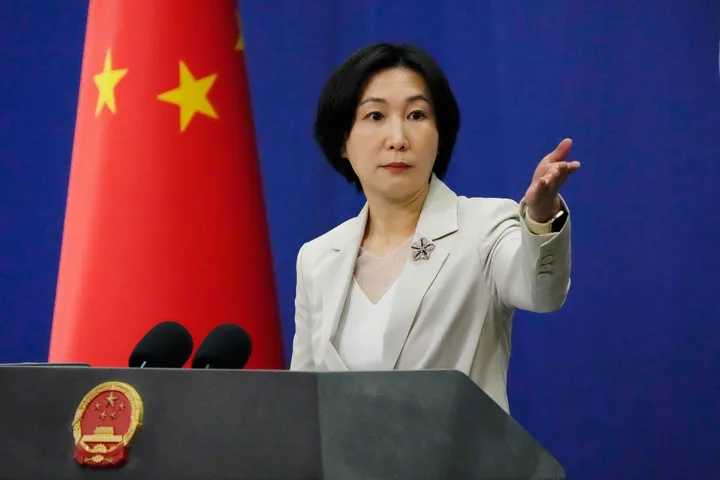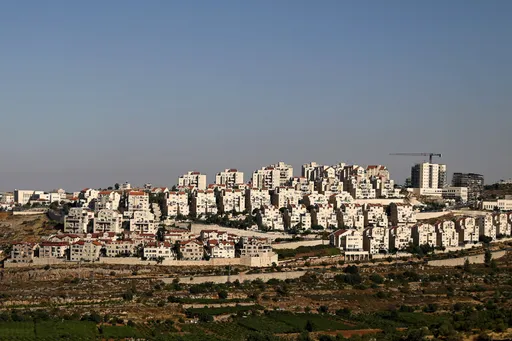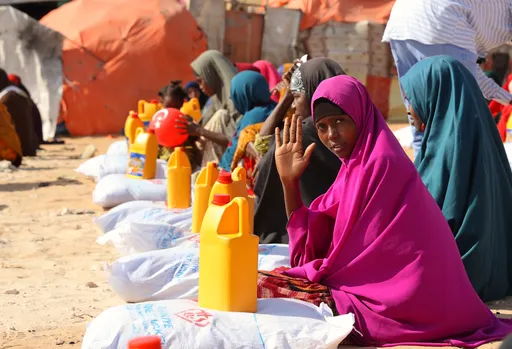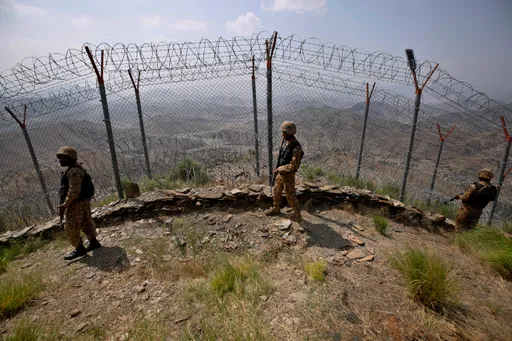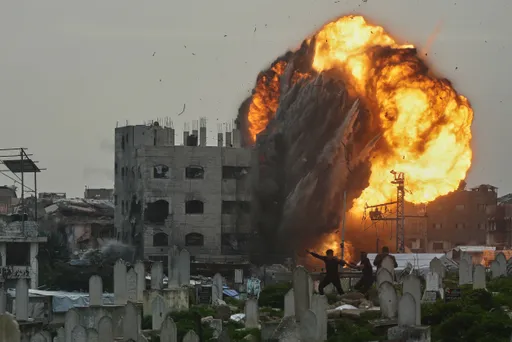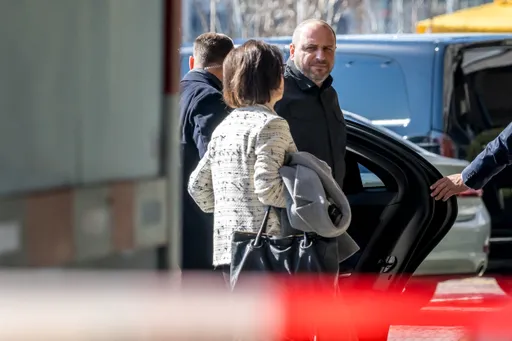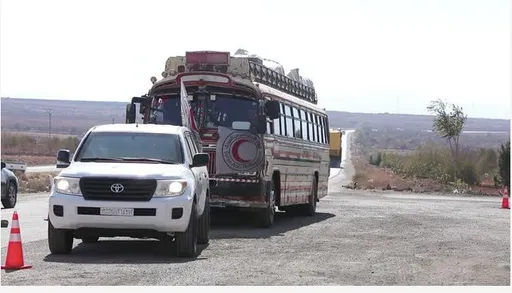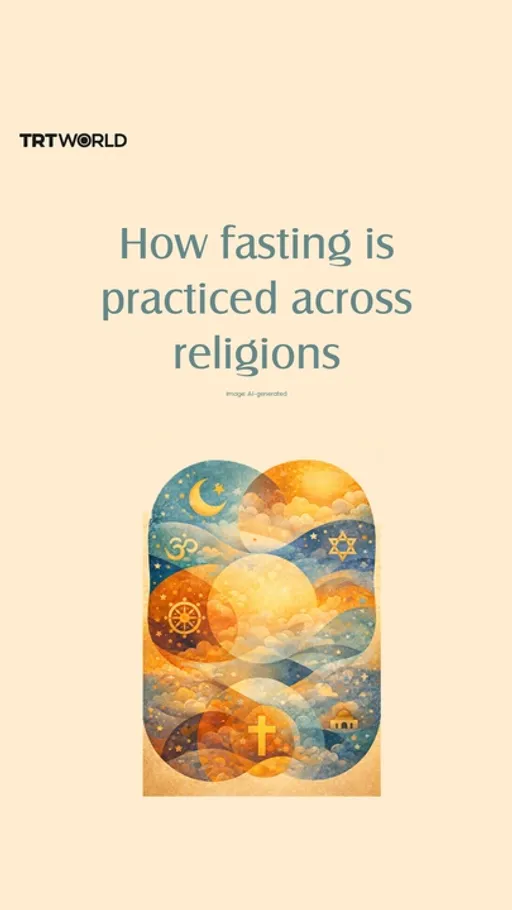People in the Balkan countries have a new topic of discussion these days. In street-corner meetings, in living rooms or office lunch breaks, conversations invariably turn to one of their favourite past-time activities—Turkish TV shows.
From historical shows to family dramas, the well-crafted TV shows have acquired a huge fan following in the Balkan nations, most of them culturally and socially close to Türkiye. It also helps that these nations have a shared past with Türkiye under the umbrella of the Ottoman Empire.
Night after night, people are watching and re-watching old and new Turkish soap operas—such as Gümüs (Silver), Binbir Gece Masalları (1001 Nights), Dirilis Ertugrul (Resurrection:Ertugrul), Muhtesem Yuzyıl (Magnificent Century), Ezel, Cukur (The Pit), Kurulus Osman (Establishment Osman) and Söz (The Oath)— running on Balkan TV channels.
In Bosnia and Herzegovina, Kosovo, North Macedonia, Serbia, Albania and Montenegro, Turkish TV shows are now conversation-starters even among strangers—during random meetings on streets or cafes.
“TV series are one of the most exported Turkish products. It is amazing how many countries are buying those series. Especially during the pandemic, when people spent more time at home, I guess that they consumed TV series even more,” Aida Begić, an award-winning Bosnian film director and screenwriter tells TRT World.
Since the mid-2000s, these TV series have found a market all over the world, taking Turkish culture and history to foreign viewers, especially in the Balkans and Middle East.
Over the past decade, the Turkish film and TV industry has emerged as a major revenue-earner. According to Eurodata, Turkish shows now comprise 25 percent of the imported shows around the world, and are expected to top $1 billion in global sales in 2023. Turkey is currently the second-largest exporter of TV series in the world after the United States.
In recent years, many Turkish films have also been awarded at major international festivals, including Cannes, Berlin, and Venice Film Festivals.
Shared past, shared life
Cultural resemblance and traditional intimacy are the underlying reasons for the success of Turkish TV series in the Balkans. Also, they deal with subjects close to the hearts of the viewers in these countries.
“Turkish TV series definitely increased interest in Türkiye and Turkish culture here in the Balkans. I know some people who learned the Turkish language (because of Turkish dramas) to understand the TV series. Arts and culture, in general, are bringing different cultures close. Thanks to such cultural influences you feel closer to a certain country and its people,” says Aida Begić.
Refet Abazi, an Albanian actor, playwright and professor of acting tells TRT World: “Most of the series screened in Macedonian TV are Turkish productions showcasing subjects of Turkish culture and tradition which are to a degree familiar to our audiences. If Elveda Rumeli achieved big success with a story from the Balkans in the Ottoman era, I believe today there are a lot of contemporary themes that could intertwine the Balkans and Türkiye. The success story of Elveda Rumeli should serve as an example for production companies in terms of creating common stories that can reach wider audiences.”
According to Albanian sociologist and TV presenter Latif Mustafa, the historical TV shows resonate with the people of the Balkans because the stories and characters are familiar to the viewers.
“These series are all about history and what we, the Balkan people, want to know and enjoy watching due to memories of the Ottoman Empire.”
A slice of daily life
For the Balkan viewers, who have faced economic and political crises after the collapse of former Yugoslavia as well as the effects of the 2008 global recession, the TV shows are a reflection of their own life—their joys and sorrows, their daily grind and the human will to survive against all odds.
“Turkish TV series increase interest in Türkiye and its culture, language and traditions. We are very similar to each other. Any artistic creation, of any genre or medium, if it treats human problems well, it will communicate with people all over the Balkans and the world. I think the Turkish TV shows know how to handle human dramas quite well,” says Ben Apolloni, an Albanian director, actor and TV-cinema critic.
“Scripts with a lot of dramatic tension, with well-written dialogues, interesting characters, and acting significantly better than before, have certainly increased the audience as well,” he adds.
Technological developments
The popularity of Turkish TV series also owes a lot to their high technological standards, unmatched by similar Balkan productions. The exotic locales that form the backdrop of Turkish shows are an added attraction.
Latif Mustafa breaks down the rising graph of Turkish movies and TV shows’ popularity into three distinct phases since 1999. First, during the days of the VHS tapes when movies could be rented from what were known as the “videotheques”. The second phase is when “satellite antennas” started to be very popular among the population and Turkish TV channels started beaming directly to Balkan homes. And the third phase, when these series started airing on Balkan national and local terrestrial and digital platforms.
Theme for a dream
The success of Turkish TV shows has also opened up career opportunities, or at least a reason to dream, for aspiring actors across the Balkan nations.
“Unfortunately, in North Macedonia we don’t have that much TV series production. I would love to be a part and explore a new but also a very familiar culture,” says Sabina Memishi, an actress from the Albanian Theatre in Skopje, tells TRT World. She was one of the representatives from North Macedonia in the Talent Campus, a platform for future film professionals held during the Sarajevo Film Festival in 2021.
“For instance, one part of my family lives in Türkiye. When I go there, I truly don’t want to come back to my hometown. Personally I started learning Turkish from a series that I have watched. As a young actress, I would love to be a part of this great production industry. For me, quality is key to their success.”
The popularity of Turkish TV series in Balkan countries has also broken and changed prejudices about Türkiye and Turkish culture. It has also made significant contributions to the country’s economy, including an influx of tourists from Balkan countries to Türkiye. Special trips are being organised to visit the places where the most popular series are filmed. People are even buying clothes and accessories modelled on those worn in Turkish TV shows.
Many actors from Turkish TV series have also become stars in Balkan countries.
“Great actors such as Haluk Bilginer, Ertan Saban, Öykü Karayel, Filiz Ahmet, Yilmaz Erdogan, Engin Altan Düzyatan and many others, add an immense value to the series they are cast in. In actors’ jargon, this line of actors would be called the “heavy artillery,” says Refet Abazi.
Engin Altan Duzyatan, the main character in the TV series Resurrection: Ertugrul tells TRT World: “It is great that everyone is learning about Turkish culture through our TV series. It connects us with the world. It is a great way to expand globally. Turkish TV series increase interest towards Türkiye. I can see it through visiting people’s love. I feel honoured by the fans' love. I always try to be worthy of their love.”
He also has a message for Balkan viewers and fans about his continuing series on TRT called Barbaroslar: Akdeniz'in Kilici (Barbaros: Sword of the Mediterranean): “I hope you will love all of my adventures.”




